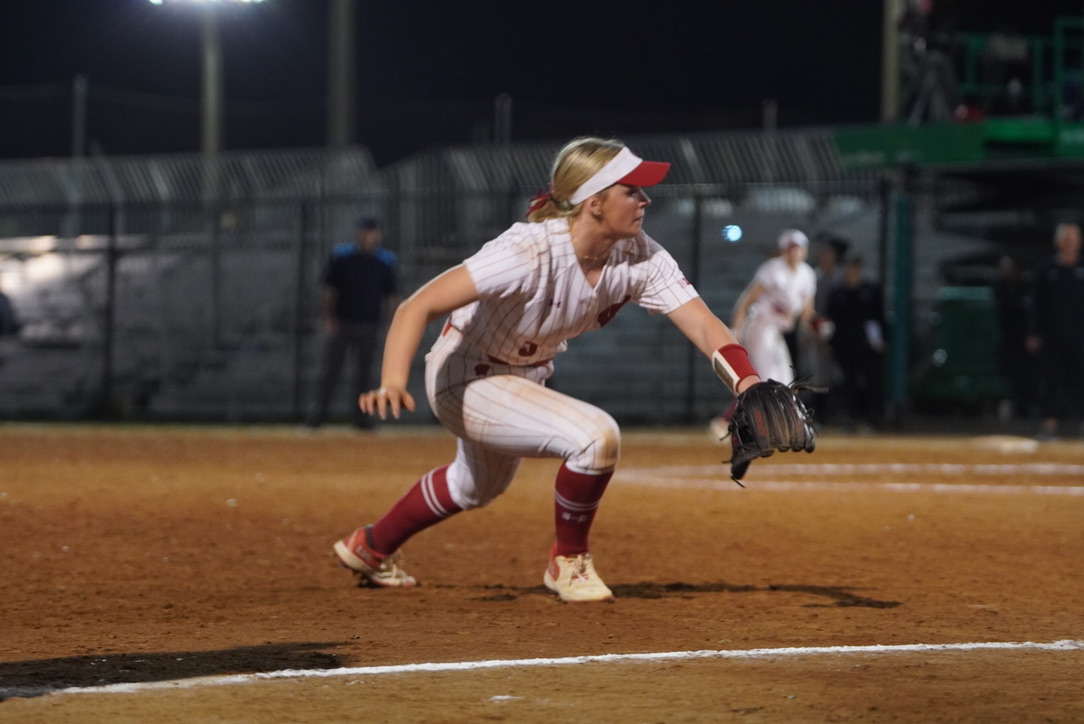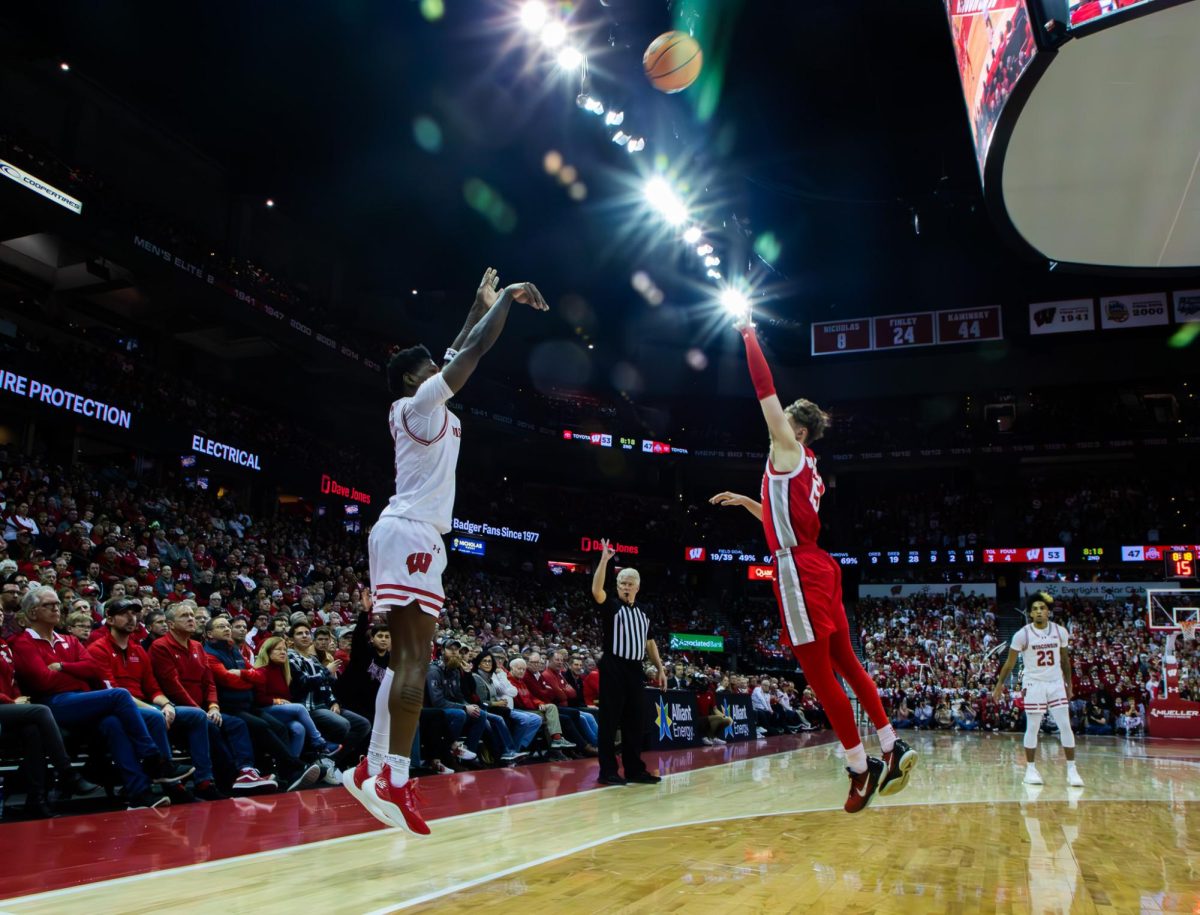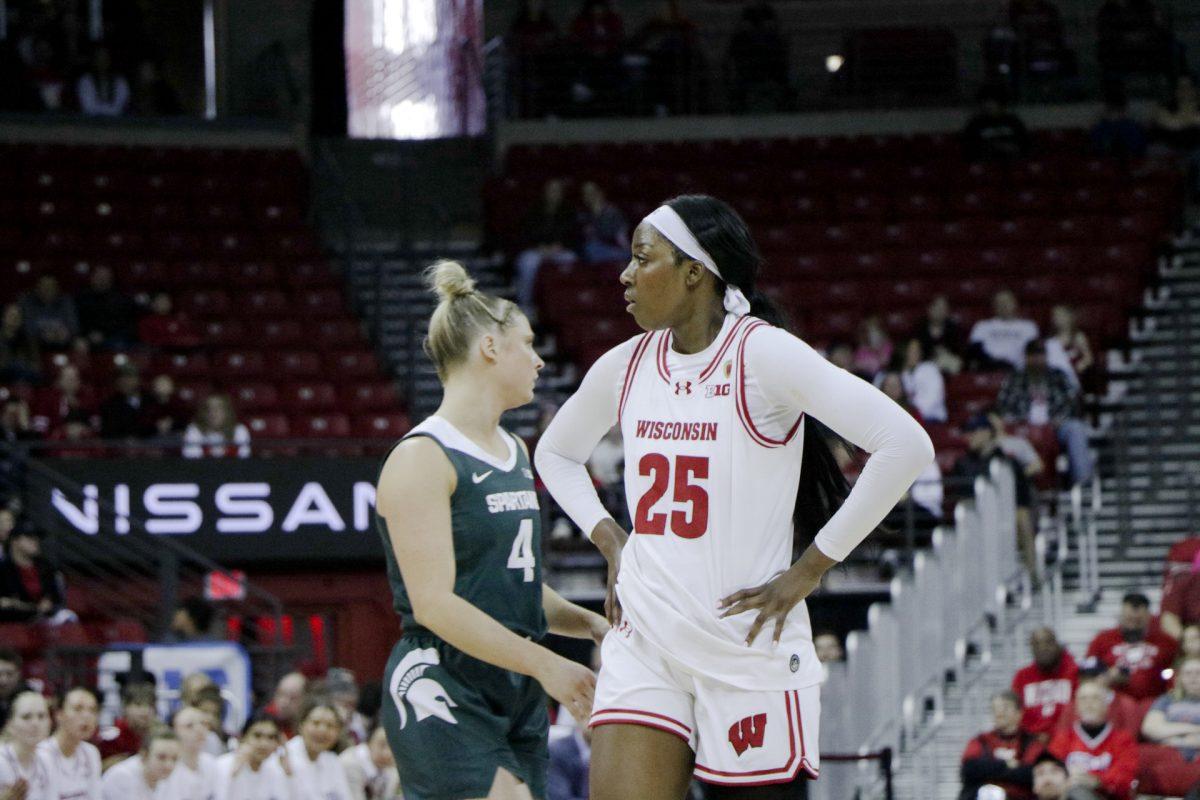John Chaney is an exceptional basketball coach. And by all accounts, the long-time Temple helmsman can be an exceptional teacher and mentor as well. But John Chaney should not coach again this season, and it may be time for the 73-year-old ball coach to call it a career.
For more than 30 years, Chaney has taught young men how to succeed on the basketball court. But after what happened in last week’s game against Saint Joseph’s, there is reason to question what else Chaney has been teaching.
Angered by what he viewed as a series of illegal screens set by the Hawks, Chaney ordered reserve forward Nehemiah Ingram (among others) to intentionally rough up the opposing team. Ingram did just that, fouling out in four minutes with a barrage of deliberate blows, including one that broke John Bryant’s arm, ending the senior’s career. After the game, Chaney explained that he instructed “three or four players” to act as “goons” in order to “make a statement.”
Now the Temple athletic department must make a statement, and nothing short of an all-encompassing suspension will do. Temple must send a clear message that Chaney’s actions are unacceptable. If the fiery helmsman coaches again this season (in a game or practice), that message will not get through.
To his credit, Chaney has showed seemingly genuine contrition in the days that followed the Saint Joseph’s debacle. He has publicly apologized for his actions, met with Bryant’s family and even offered to pay the injured forward’s medical bill.
The day after the game, Chaney admitted he was wrong and imposed a one-game suspension on himself. Had Bryant’s injury been merely a bruise (as it was then believed to be), the story may have ended there. With all the emphasis on Chaney’s violent past and the irresistible Bob Knight/Woody Hayes comparisons, this aspect of the story is important to keep in mind.
The fact that Chaney may well have put this atrocity behind him with a one-game suspension begs the question of how many other coaches have gone unpunished simply because their goons weren’t quite as effective as Chaney’s.
Though initially satisfied with Chaney’s self-imposed slap on the wrist, Temple extended the suspension to the remainder of the regular season when the university learned that Bryant’s arm was broken. Chaney then extended his own suspension Monday to include the entire Atlantic-10 tournament.
“In view of the circumstances I believe the fair thing is for me not to coach during the Atlantic 10 Championship Tournament in Cincinnati,” Chaney said Monday in a statement. “John Bryant is unable to play in the tournament because of the injury he sustained last week against Temple. Neither should I be able to coach.”
But even the most recent suspension is not enough. Should the Owls advance to the NIT, or miraculously earn a trip to the Big Dance, either Chaney or Temple officials must end this sad saga with one final extension of the suspension. As he said in the statement, Chaney should not be allowed to coach as long as Bryant remains sidelined. That includes the NIT or NCAA Tournament.
That also includes practices, which Chaney has continued to participate in according to interim coach Dan Leibovitz, who announced during Monday’s A-10 coaches’ conference that Chaney has led every practice since the suspension.
An all-encompassing suspension is certainly harsh, particularly for a coach who has contributed so much to the game for over 30 years. But Chaney’s actions undermine the core values of college basketball. For a coach to instruct a player to intentionally place the opposing team in physical danger is simply unconscionable. If anything, the fact that it was a legendary coach who did so makes the offense that much worse.
Chaney’s actions cannot be dismissed as those of a man caught up in the emotions of a hard-fought game (though if they could, they would be no less despicable for a man who has been through many a hard-fought game over the last 33 years). No, Chaney’s self-proclaimed “goon” tactics were premeditated.
The Temple legend announced his intentions the day before the game at the weekly A-10 coaches’ conference, saying that he planned to send a message if Saint Joe’s continued to set what he considered illegal screens.
Before the game and during it, Chaney believed what he did was right. While he seems to have reconsidered this position in the days that followed the incident, Chaney thought his actions were justified at the time. In the post-game press conference, Chaney defended his actions with a series of impassioned statements.
“I’m sending a message,” Chaney told the Philadelphia Daily News. “And I’m going to send in what we used to do years ago — send in the goons. That’s what I’m going to do. That’s what you used to do … I’ve got me two of them on my bench and I’m going to use them.”
After declaring himself a throwback to the “old school,” when such thuggery was apparently an accepted practice, Chaney displayed little remorse when he was asked about Bryant’s injury (which at the time was thought to be just a bruise).
“That’s what happens,” Chaney told the Daily News. “I’m a mean, ornery, son of a bitch. You understand?”
And here’s the kicker: when asked about Ingram’s goon role, Chaney didn’t sound like a guy who was doing this for the first time.
“Yeah, we’re just going to have to teach him how to do it a little bit better,” Chaney told the Inquirer.
When he called on his goons to send a message, Chaney believed he was doing the right thing. Clearly, Chaney has a warped sense of justice. Any coach who believes he should send in the thugs when the other guy sets a few bad screens is a dangerous man to have on the bench.
Temple must be sure Chaney truly understands the impact of his actions before allowing him to coach again. In light of his post-game comments, it certainly appears the self-proclaimed “old school” ball coach has sent more than one message in his day. It may be harder than anyone thought for Chaney to kick the habit.













